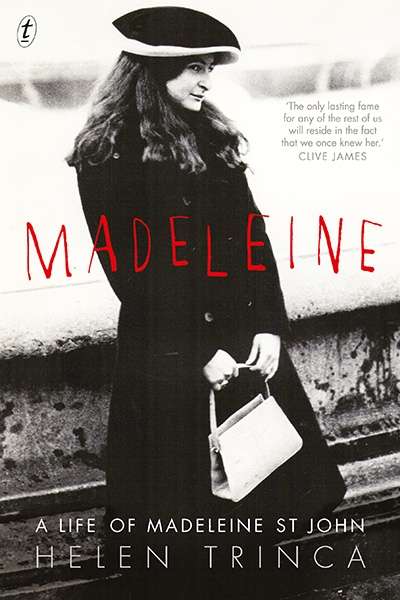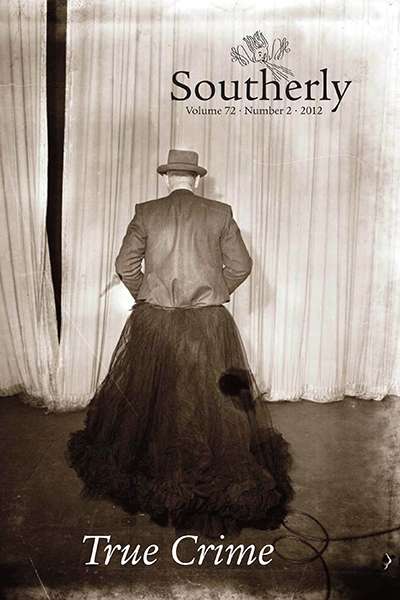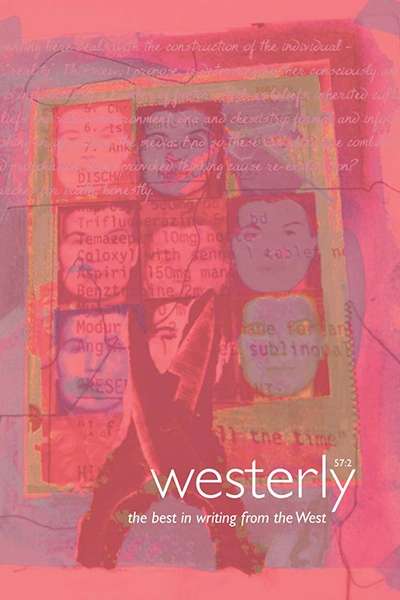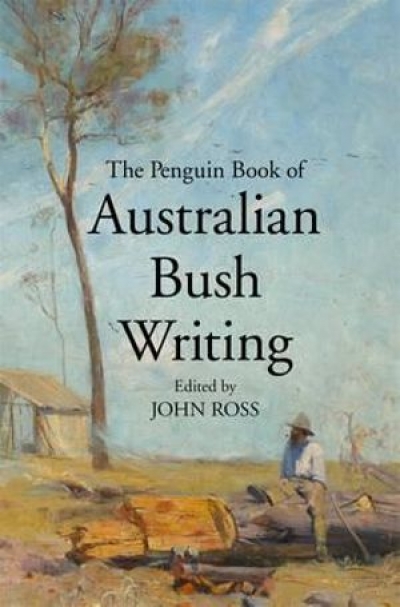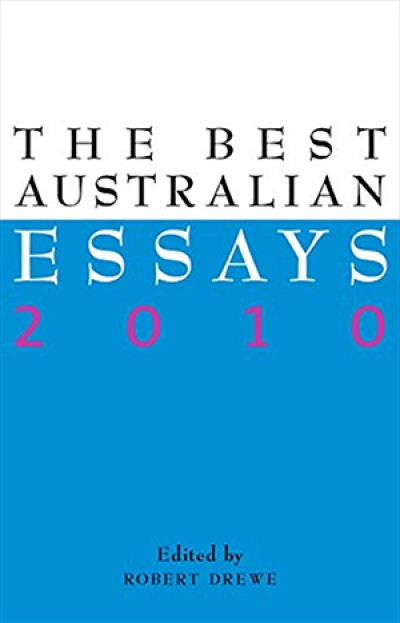Australian Literature
From a Distant Shore: Australian Writers in Britain 1820–2012 by Bruce Bennett and Anne Pender
by Ros Pesman •
Shirley Hazzard: Literary Expatriate and Cosmopolitan Humanist by Brigitta Olubas
by Paul Morgan •
Westerly Vol. 57, No. 2 edited by Delys Bird and Tony Hughes-d’Aeth
by Anthony Lynch •
Old Songs in the Timeless Land: Medievalism in Australian literature 1840–1910 by Louise D’Arcens
by Gregory Kratzmann •
The Penguin Book of Australian Bush Writing edited by edited by John Ross
by Susan K. Martin •
It’s not often that literature makes the front page of the Sydney Morning Herald, but on 3 November 2006 the lead story was a report by David Marr about the National Library of Australia’s purchase of a collection of Patrick White’s papers, previously thought destroyed. Other media, both in Australia and internationally, picked up the story. The T ...
The Best Australian Essays 2010 edited by Robert Drewe
by Geordie Williamson •




